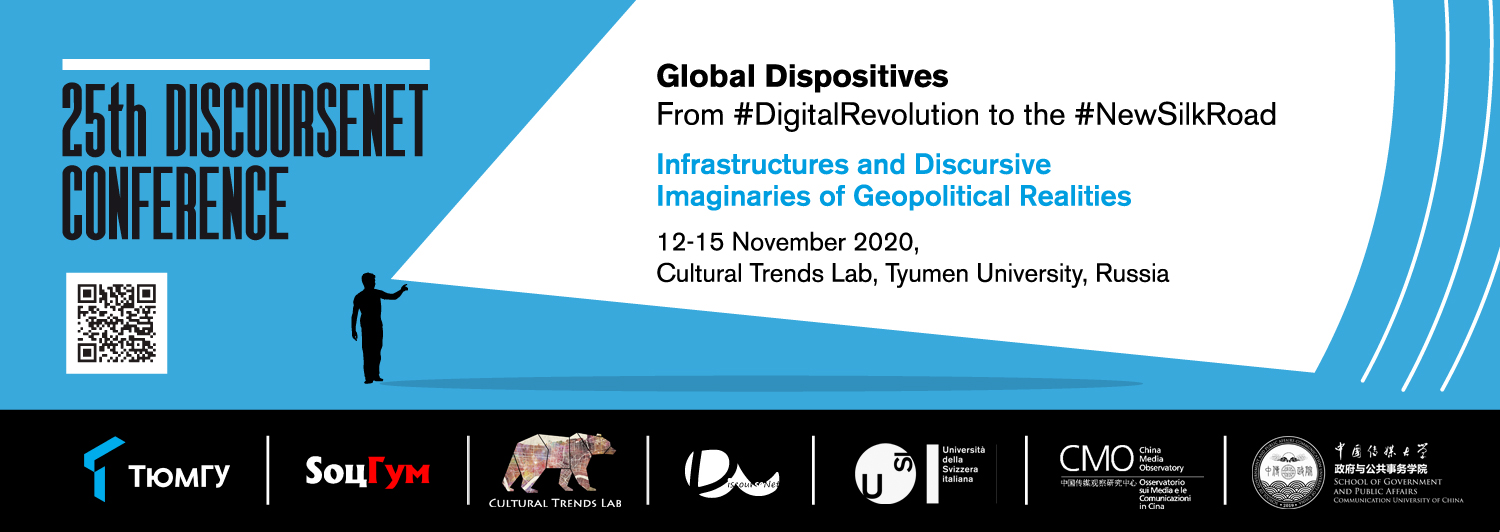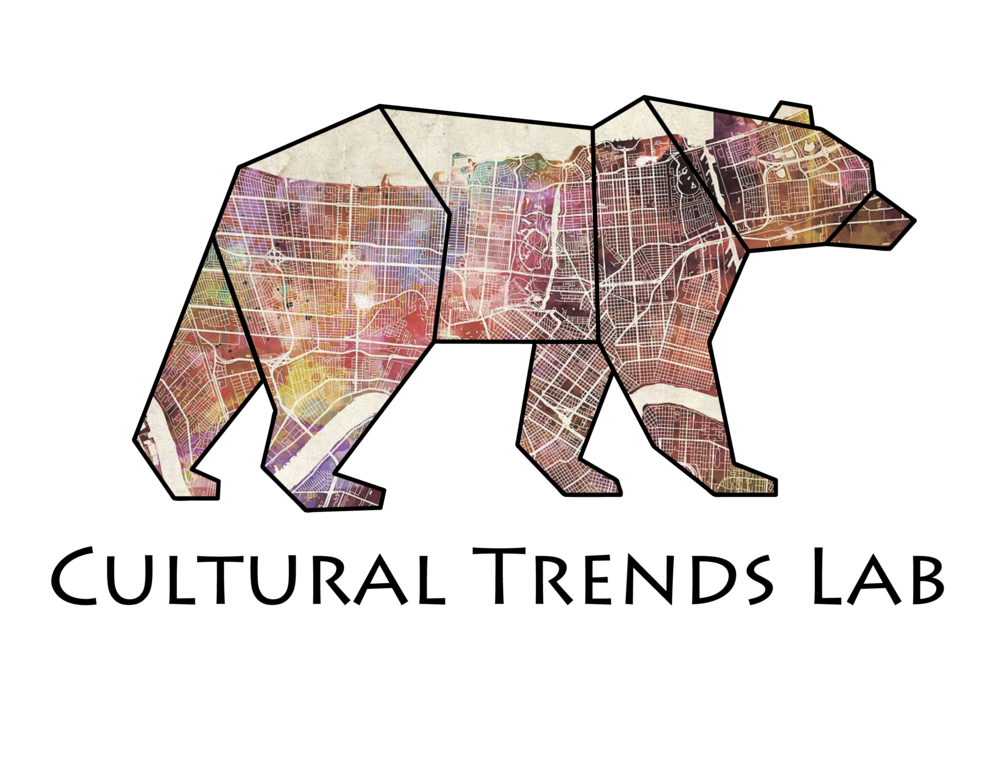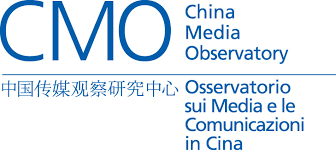#DN25 Homepage | Call | #DN25 Ideas | Partners and Sponsors | Programme | Abstracts & Registration | Travel Information | Contact
Publication opportunity
We would also like to inform you that we are planing at least two special issues proposals to the topics discussed at the conference. We have a publication hub, i.e. various publication outlets [5], including the double-blind peer reviewed, Open Access Journal for Discourse Studies, (scopus/wos indexed) Palgrave Communications, and the Postdisciplinary Studies in Discourse book series with Palgrave Macmillan. Therefore, we will submit special issue project in one or more journals. Feel free to approach us before, during or after the conference if you would like to be a part of it or if you would like to do it through us with your panel team.
Below you will find some of the panels expecting us at the conference. Feel free to propose your own ideas related to the topic of global dispositif - such as the existing topic of global pandemic response. Do not feel obliged to follow narrowly the existing panel proposals.
Digitization, digitalization, digital transformation on the global scale
We want to discuss the emergence of the Belt and Road Initiative with a focus on Digital Silk Road (DSR). The DSR itself is a matter of infrastructure and can be seen as both a network of fiber optic cables laid along the corridors of the BRI and/or the whole digital economy and ecosystems around it. It not only promotes a new model of technological development and digital connectivity with the introduction and implementation of 5G network but also covers a range of other topics such as the political economy of the new, polycentric internet, the cultural practices anchored in new platforms and applications (i.e. growing use of Tik-Tok worldwide), the increasing use of e-commerce and mobile payments among developing digital markets (i.e. between Russian and Chinese traders), the emergence of AI driven ‘Smart Cities’ and ‘Smart Regions’ or collaborative IT hubs in central Asian countries oriented towards China.
Digital Governance
The problems of Digital Governance is closely tied to the global process of digitalization. In the matters of governance, we can witness two global trends. One leans on the primacy of the digital sovereignty which seems as a logical step to restrict the growing power of transnational IT companies. However, different approaches in terms of surveillance stay unsettled, especially when it comes to the problem of online safety. On the other hand, the balkanization of the internet around the centers (of global regions) threatens the foundational ideas of internet - the free communication and dissemination of knowledge. This panel wants to discuss various models and ideas of regulating and governing the global digital world.
Intercultural Communication
Intercultural communication can be seen as a competence for overcoming the conflicts which are threatening the globalisation process. The ever growing migration, regardless if it is a result of strategic ‘brain drain’, caused by economic reasons or wars, or as a consequence of cross-regional cooperation, demands the competencies which would help the better understanding across the cultures. It is known that the communication is not only a matter of language, but also history, culture and - technology. This panel wants to discuss Intercultural communication in the (post)digital age as a fundamental element of a culturally, economically, technologically and politically diverse dispositif.
Ethnographies of Global Dispositifs
Dealing with various forms of culture is essential for any global project so as to understand how people themselves make sense of some of the affordances and challenges of global political, economic and material developments. Indigenous, religious and cultural traditions, local knowledges, communal self-determination and a sustainable outlook into the future all shape the diverse infrastructures and lifestyles of communities as they connect with global-scale projects like the BRI. Ethnography can critically and reflexively unveil these connections between the local people’s cultural practices and large-scale political-economic ambitions and can inform policy makers about what is needed to bring about real social change that has relevance for communities.
This conference is organised by:
 DiscourseNet Association and partners:
DiscourseNet Association and partners:
- 389 views






